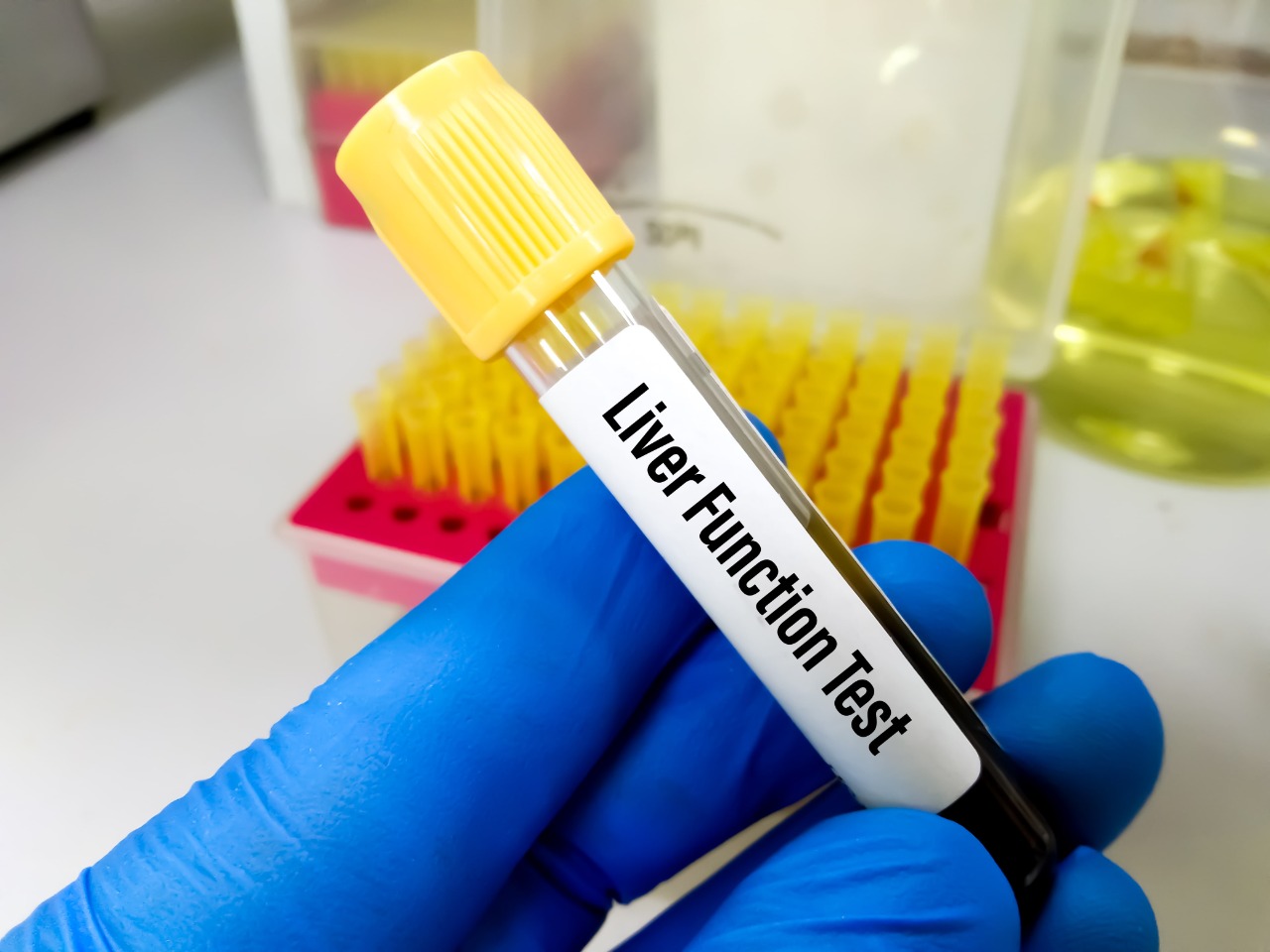Liver function testing plays a crucial role in assessing the health and functionality of the liver. By analyzing various parameters, these tests provide valuable insights into liver conditions, helping medical professionals diagnose, monitor, and treat liver diseases. Prestige ER offers comprehensive liver function testing services that aid in the accurate evaluation of liver health and function.
This article aims to provide a comprehensive overview of liver function testing, its importance, and the parameters evaluated. To learn more about liver function testing services provided by Prestige ER, one can visit https://prestigeer.com/services/labs/liver-function-testing.
Please note that the following content is intended for general informational purposes and does not constitute medical advice. It is always recommended to consult with a healthcare professional for personalized guidance and interpretation of test results.
What is Liver Function Testing?
Liver function testing refers to a set of blood tests that evaluate various parameters to assess the liver’s overall health and performance. These tests help detect liver diseases, determine the severity of liver damage, and monitor treatment progress.
Why is Liver Function Testing Important?
Liver function testing is vital for several reasons:
- Early Detection: Liver function tests can identify liver diseases in their early stages, allowing for timely intervention and treatment.
- Monitoring Liver Diseases: These tests enable healthcare professionals to monitor the progression of liver diseases, assess treatment effectiveness, and make necessary adjustments.
- Assessing Liver Health: Liver function testing provides insights into liver health, helping identify potential risk factors and promoting preventive measures.
- Preoperative Evaluation: Before certain surgical procedures, liver function tests are performed to ensure the liver can withstand the physiological stress of surgery and metabolize medications effectively.
Parameters Evaluated in Liver Function Testing
- Alanine Transaminase (ALT): ALT is an enzyme found predominantly in the liver. Elevated ALT levels indicate liver cell damage, often caused by conditions such as hepatitis, alcohol abuse, or certain medications.
- Aspartate Transaminase (AST): AST is an enzyme found in the liver, heart, muscles, and other organs. Elevated AST levels may indicate liver disease or damage, but they can also be indicative of muscle injury or heart problems.
- Alkaline Phosphatase (ALP): ALP is an enzyme present in various tissues, including the liver, bile ducts, and bones. Elevated ALP levels may suggest liver diseases such as hepatitis, gallstones, or liver tumors, as well as bone disorders.
- Total Bilirubin: Bilirubin, a yellow pigment generated when red blood cells break down, is assessed during liver function testing. Elevated levels of total bilirubin can be an indicator of liver disease, bile duct obstruction, or excessive destruction of red blood cells.
- Albumin: Albumin is a protein that is created or produced by the liver. Low levels of albumin may indicate liver dysfunction or malnutrition.
- Prothrombin Time (PT): PT measures the time taken for blood to clot. Prolonged PT indicates impaired liver function and can be a sign of liver disease.
- Gamma-Glutamyl Transferase (GGT): GGT is an enzyme found in the liver, bile ducts, and other organs. Elevated GGT levels may suggest liver diseases such as alcoholic liver disease, bile duct obstruction, or drug-induced liver injury.
The Liver Function Testing Process
Liver function testing involves a simple blood draw, usually performed at a healthcare facility or laboratory. The blood sample is then analyzed to measure the various parameters mentioned above. The results are interpreted by medical professionals, who consider the patient’s medical history, symptoms, and other diagnostic tests for a comprehensive assessment.
Limitations and Interpretation of Liver Function Tests
Although liver function tests provide valuable information, they have certain limitations. Abnormal results do not always indicate liver disease, as they can be influenced by factors such as medications, obesity, and non-liver-related conditions. Further diagnostic tests, imaging studies, and clinical evaluations are often necessary to establish a definitive diagnosis.
Liver function testing plays a crucial role in assessing the health and functionality of the liver. By analyzing various parameters, these tests provide valuable insights into liver conditions, aiding in the diagnosis, monitoring, and treatment of liver diseases. To learn more about liver function testing services, individuals can visit Prestige ER’s website. However, it is important to consult with a healthcare professional for accurate interpretation of test results and personalized guidance.

